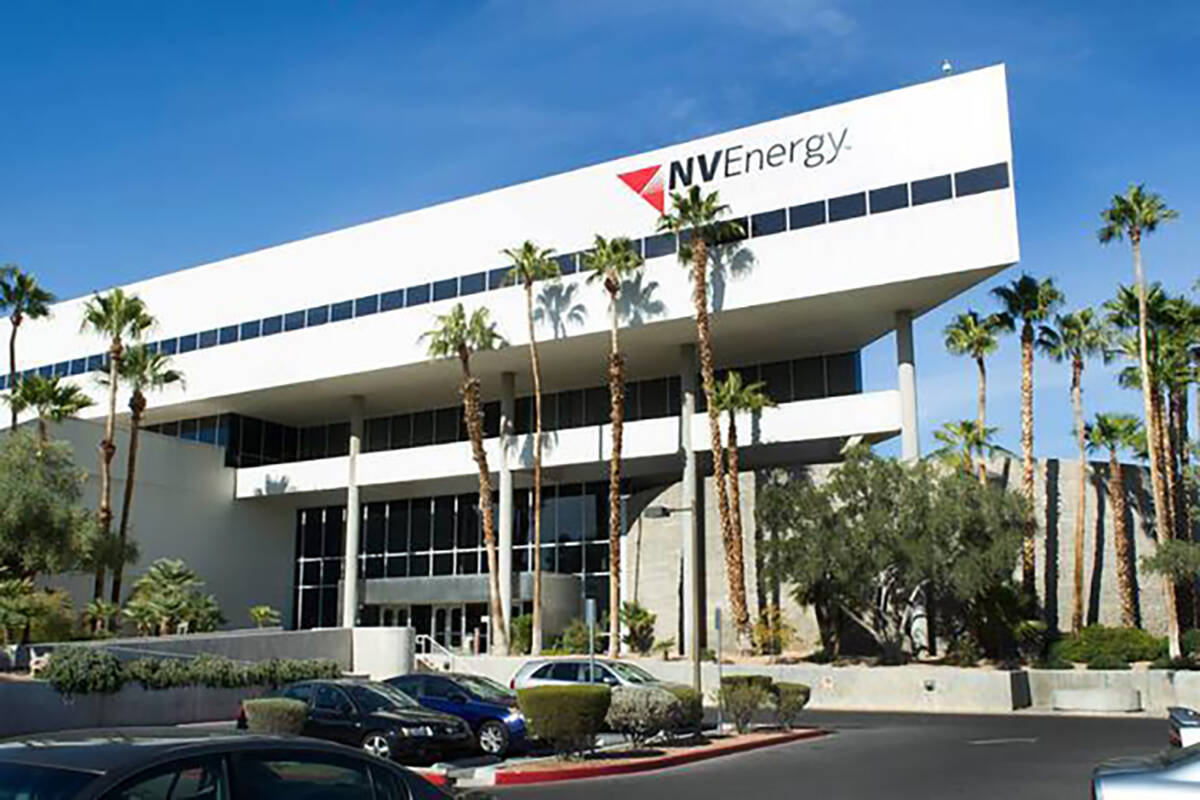The Nevada Public Utilities Commission (PUC) is facing criticism over its approval of a new demand charge by NV Energy, impacting residential consumers in Las Vegas. This demand charge imposes a surcharge on electricity usage during peak hours, specifically from 5 p.m. to 8 p.m., when many residents return home from work and increase their energy consumption. Critics argue that the timing of this surcharge disproportionately affects families who are preparing meals, cooling their homes, and managing household chores.
As temperatures rise in the summer months, NV Energy has suggested that customers adjust their air conditioning settings to higher temperatures and utilize fans for cooling. However, under the new pricing structure, using a fan during peak hours will also incur additional costs. This shift has raised concerns among residents who feel that they are being penalized for necessary household activities.
The demand for energy is further complicated by the rapid growth of data centers in the region. These facilities are significant consumers of electricity, with plans to add between 21,000 and 22,000 megawatts of capacity, along with substantial water requirements. While NV Energy claims that the demand charge is intended to prevent service disruptions, many homeowners believe the solution unfairly places the burden on them, forcing them to either endure uncomfortable temperatures or pay significantly higher rates that can be up to eight times more expensive during peak hours.
Critics have voiced their frustrations, emphasizing that the PUC should prioritize consumer interests by ensuring fair pricing and accessibility to essential services. As energy demands continue to escalate, the balance between commercial energy needs and residential consumer welfare has become increasingly precarious.
This development signals a critical juncture for energy policy in Nevada, raising questions about the long-term sustainability of energy practices in a growing urban environment. As residents grapple with these new challenges, the ongoing dialogue between the PUC, NV Energy, and the community will be essential in shaping future energy strategies.
